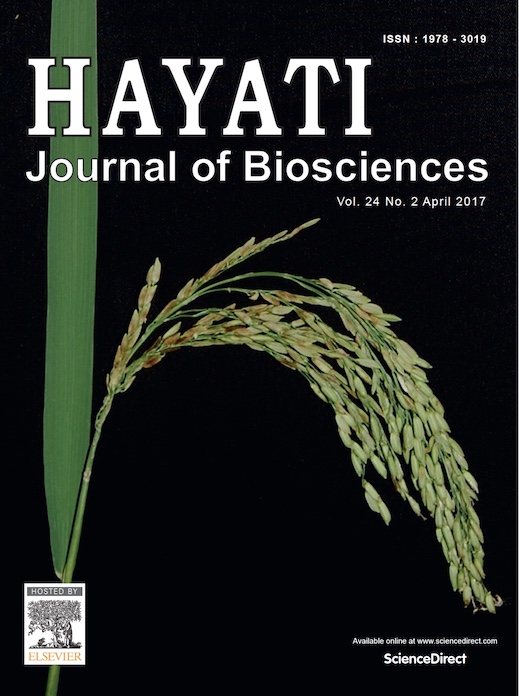Antibacterial and Synergistic Activity Against b-Lactamase-Producing Nosocomial Bacteria by Bacteriocin of LAB Isolated From Lesser Known Traditionally Fermented Products of India
Abstract
There is an ever-growing need to control antibiotic-resistance owing to alarming resistance to commonly available antimicrobial agents for which contemporary and alternative approaches are being explored. The present study assessed the antibacterial activity of bacteriocins from lactic acid bacteria (LAB) from lesser known traditionally fermented products of India for their synergistic potential with common antibiotics against clinical β-lactamases producing pathogens. A total of 84 isolates of LAB were screened for their antibacterial efficacy against Streptococcus pyogenes, Enterococcus faecalis, Escherichia coli, Klebsiella pneumoniae and Bacillus cereus as well as against clinical pathogens harbouring β-lactamase genes such as blaCTX-M, blaVIM, blaIMP, blaSHV and blaNDM. Synergistic activity of bacteriocins were determined in combination with antibiotics namely, cefotaxime, polymyxin B, imipenem and tigecycline. Purified bacteriocins from Lactobacillus, Pediococcus and Enterococcus inhibited the growth of β-lactamase harbouring clinical pathogens which significantly higher inhibitions when compared with antibiotics alone. Minimum inhibitory concentration of the extracts ranged from 6.66 to 26.66 mg/ml and 10 to 33.33 mg/ml for Pediococcus pentosaceus LU11 and Lactobacillus plantarum LS6. The bacteriocinogenic activity of LAB opens scope for bioprospection of antibacterial components in the current struggle against increasing pandrug resistance and slowing down the expansion of multi-drug resistance.
Downloads
HAYATI J Biosci is an open access journal and the article's license is CC-BY-NC. This license lets others distribute, remix, tweak, and build upon author's work, as long as they credit the original creation. Authors retain copyright and grant the journal/publisher non exclusive publishing rights with the work simultaneously licensed under a https://creativecommons.org/

























.png) IPB University
IPB University Department of Biology
Department of Biology The Indonesian Biological Society
The Indonesian Biological Society 

